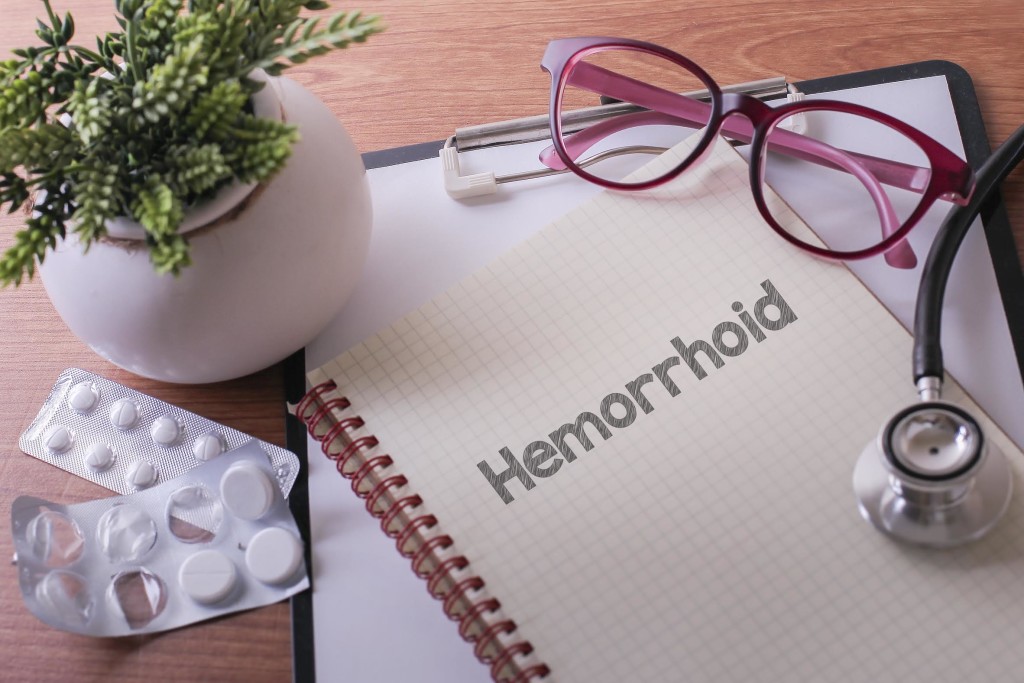
Struggling with hemorrhoid pain and discomfort? You aren’t alone. By the age of 50, more than half of all adults will have experienced hemorrhoids at least once. The good news is that this condition is almost never dangerous. And with a combination of lifestyle changes, over-the-counter remedies, and medical attention, symptoms can usually be reduced or eliminated in a timely fashion. Read on for more information on hemorrhoids and how they can be managed:
What Exactly Are Hemorrhoids?
Defined simply, hemorrhoids are swollen veins located in or around the anus. In practical terms, this condition tends to manifest itself in pain, itching, bleeding, or discomfort. This condition is usually easy to diagnose and equally easy to treat, however — so don’t delay seeking treatment if you think you might be suffering from this issue!
What Causes Hemorrhoids?
The exact cause of hemorrhoids remains unknown — though doctors can clearly point to a number of risk factors that influence whether or not an individual might develop this problem. Straining bowel movements, for example, can increase the pressure on vessels in the anal area and thereby create a heightened risk for hemorrhoids. Sitting on the toilet for extended periods of time, experiencing chronic diarrhea or constipation, being overweight or pregnant, and having anal intercourse are all considered risk factors as well, for similar reasons. In most cases, however, no one cause is responsible: rather, this condition tends to emerge in the convergence of various risk factors and a bit of bad luck.
How Can I Reduce Pain from My Condition?
Here is a quick overview of a few of the most common home remedies for hemorrhoid pain.
- Taking warm baths and/or washing up with warm water.
- Using over-the-counter pain relieving wipes and/or simply dampening toilet paper before using it.
- Applying ice directly to the pain.
- Taking non steroidal anti inflammatory drugs such aspirin, ibuprofen, or diclofenac.
- Not “holding it,” and/or using a short stool when moving your bowels.
- Applying an over-the-counter cream or medication for hemorrhoids.
What Hemorrhoid-Related Complications Should I Be Aware of?
In the vast majority of cases, hemorrhoids are relatively harmless and only mildly bothersome. In some cases, they may become strangulated or thrombosed — conditions which are painful but not exactly medically threatening. Regardless, complex or non-responsive hemorrhoid problems generally require medical treatment in order to soothe the patient’s pain and ensure that infection does not occur.
What Medical Intervention Options Exist for Hemorrhoids?
If your hemorrhoids are painful, medically complicated, or non-responsive to home treatments, then you may wish to discuss medical intervention with your proctologist. Traditional surgery, rubber band ligation, coagulation therapy, and sclerotherapy are just a few of the options at your disposal.
Can Hemorrhoids be a Sign of Anal and/or Colorectal Cancer?
As serious as the pain and discomfort from hemorrhoids may sometimes feel, you will be relieved to know that this condition is not a warning sign of serious conditions such as anal cancer. However, it is worth pointing out that many symptoms of anal and colorectal cancers are similar to the symptoms of hemorrhoids. This is why frequent medical checkups (especially when you are suffering pain or abnormal symptoms) are so important.
What Type of Doctor Treats Hemorrhoid Problems?
If you are experiencing mild hemorrhoid symptoms, your general practitioner can probably recommend simple over-the-counter treatments and other home remedies to reduce your symptoms. More complicated cases may require the assistance of a specialist such as a proctologist, however. If you are looking for specialized or intensive hemorrhoid treatment in the Long Island area, we encourage you to contact us here at Surgical Specialists of Long Island to learn more about your options.